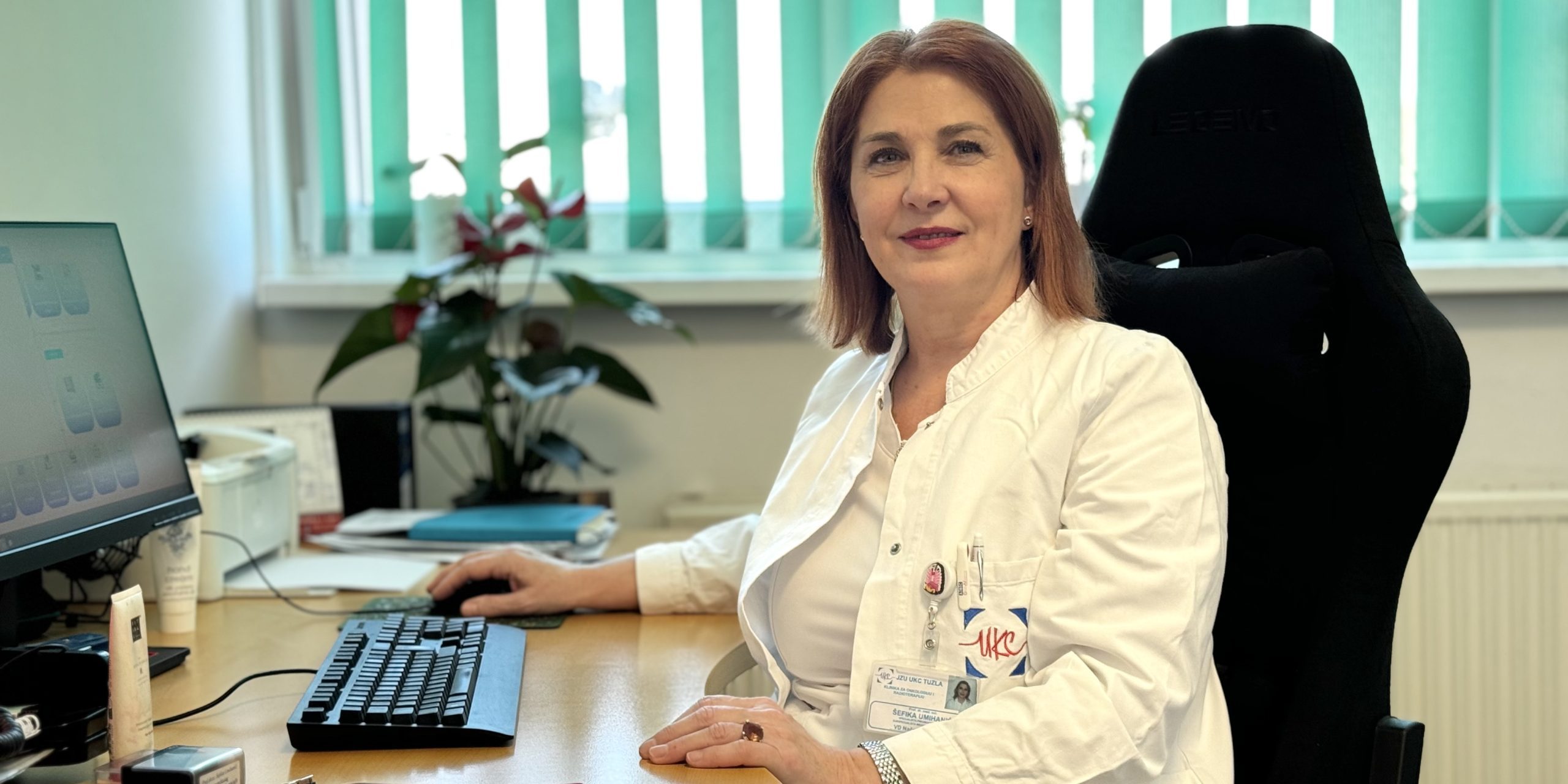World Cancer Day, observed annually on February 4, is a global initiative dedicated to raising awareness, advancing education, and advocating for improved cancer prevention, early detection, and treatment. Established in 2000 by the Union for International Cancer Control (UICC), this day serves as a platform to promote deeper research on key cancer-related issues and to inspire collective action in addressing the global cancer burden.
The theme for World Cancer Day 2025, “United by Unique,” reflects a significant shift toward a people-centered approach to cancer care. This initiative highlights the importance of understanding and responding to the diverse needs of individuals, families, and communities, ensuring that cancer treatment and support are tailored to different experiences and perspectives.
The overarching goal of this observance is to foster more inclusive healthcare systems that extend beyond treatment to address the holistic needs of those affected by cancer—whether they are patients, caregivers, or members of the broader community.
According to publicly available statistics, the most common types of cancer among men are lung, prostate, and colorectal cancer, while among women, breast cancer is the most prevalent, followed by colorectal and lung cancer.
Globally, the leading causes of cancer-related mortality include lung, stomach, liver, colorectal, and breast cancer. Approximately 30% of all cancer deaths are attributed to five major risk factors: tobacco use, excess body weight, inadequate consumption of fruits and vegetables, physical inactivity, and excessive alcohol consumption. Notably, tobacco use alone accounts for one-fifth of all cancer deaths and is responsible for over 90% of lung cancer fatalities.
Alongside cardiovascular diseases, cancer remains one of the most pressing global public health challenges, imposing a substantial health, economic, and social burden on countries worldwide, including Bosnia and Herzegovina.
According to Prof. Dr. Šefika Umihanić, Head of the Clinic for Oncology and Radiotherapy at the University Clinical Center Tuzla, cancer is a rapidly expanding disease that is reaching epidemic proportions. Current projections suggest that by 2050, nearly one in two or three people worldwide could be affected by a malignant disease—a concerning and alarming trend.
“At the University Clinical Center Tuzla, where comprehensive oncology care is provided, our data indicate a continuous rise in the number of cancer patients. Over the past five years, our statistics show that in 2020, there were 938 newly diagnosed cases, increasing to 1,041 in 2021. However, these years coincided with the COVID-19 pandemic, during which some patients delayed or missed their check-ups, temporarily lowering reported incidence rates.
By 2023, the number of newly diagnosed cancer cases had risen to 1,334, and in 2024, that figure increased further to 1,527. This growing trend underscores the urgent need for preventive measures aimed at reducing the incidence of malignancies—many of which are now preventable through early detection and intervention,” emphasized Prof. Umihanić.
Prof. Umihanić emphasizes that cancer prevention can be significantly improved through a youth vaccination program against the HPV virus, regular self-examinations for breast cancer, and routine gynecological check-ups. These measures can help prevent the onset of certain cancers or enable the early detection of premalignant changes that are highly treatable.
“Recently, we have observed a shift in the age threshold for cancer diagnosis, with an increasing number of patients between 15 and 30 years old—something that was far less common in the past. When it comes to advancements in early diagnosis and quality treatment, the past decade has marked a turning point in oncology, particularly with the introduction of molecular testing. This allows us to make more precise therapeutic decisions,” she stated.
A personalized approach is becoming increasingly prevalent in the treatment of oncology patients worldwide. The survival rate with targeted therapy has significantly improved, enabling many patients with specific, treatable mutations to achieve long-term survival. In such cases, cancer is transitioning into a chronic disease—one that patients can manage and live with for many years, provided they have access to appropriate medications.







